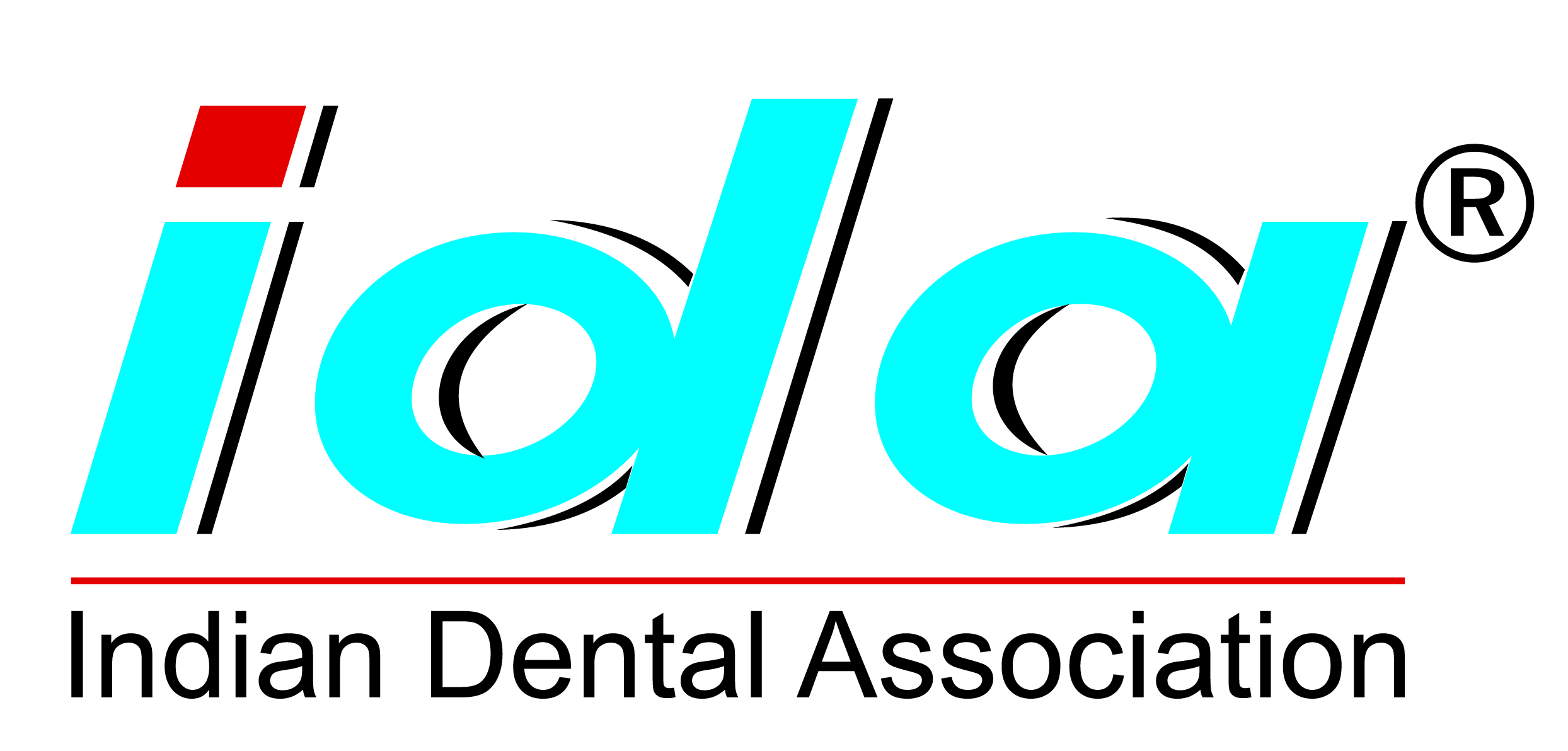The management of the finances of a business / organization in order to achieve financial
objectives is called financial management. The key objectives of financial management are
to create wealth, generate cash and provide an adequate return on investment bearing in mind
the risks that the business is taking and the resources invested.
There are three key elements to the process of financial management:
- Financial Planning.
- Selecting the right loan.
- Developing a good business plan.
The goals of financial planning are to maintain credit, balance income and debts and last
but not the least is to plan for savings and retirement. You begin your practice either by
establishing your own set-up or buying an already set up clinic. Borrowing is inevitable at
this point in time. A good financial planning is must for the success of your practice.
Identify your needs and resources before you take any loan. Ensure the following requirements.
- Does the lending agency understand the needs of the dental profession.
- Cash flow based on the projection.
- Provision of 100% financing.
- Payment options.
- Experts to increase your productivity and profitability.
Calculate and estimate the requisite amount that you need to borrow. Next, identify the sources
of financing.
Once the loan is approved you need to allocate the funds intelligently. These should take care
of not only the overhead expenses of running the dental practice (which include equipments, supplies
and purchases) but also include compensation for personnel.
While applying for the loan you need to cover the purchase of the practice itself, along with
equipments, supplies and operational costs till the time the practice generates sufficient income.
Once you have finalized your decision of setting up a dental practice- you need to develop a good
business plan. This is your vital referral guide.
A good business plan essentially has three parts:
- An executive summary
- Narrative
- Financial
A proper documentation of the loan is crucial. This contains the following documents:
The loan summary gives the lender cursory details about the loan request. This includes the
use of funds for dental instruments, material expenditure, operating capital, first year cash
projections etc.
This would include an auto biographical sketch that would range from the academics to the work
experience that you have gathered. You may highlight the points like any service to military or
voluntary government organizations, management or supervisory experience to highlight the additional
qualities in you as a good manager and leader.
Analyze your values, beliefs and principles with respect to practice of dentistry and objectives
of what you desire your practice to be.
Justify your choice for the practice location.You may also describe other health services in the
vicinity, how many dental practices are there in the chosen locality, etc. Provide demographic details
of the location.
These are the estimates of your expenses for the next year. This is an estimate that would be based
on the number of patients that you expect to see each month, multiplied by the average fee per visit.
Expenses would be based on your research that you find out from the dentists in locality and from the
previous practitioner (if you are buying the practice). The expenditure heads should be classified under
proper categories of practice. The combination of the monthly projections would then give you your annual
projection.
In the beginning of your practice the expenditure may be greater than the income. There should be an
initial working capital to sustain the practice before the patient inflow grows and thus the practice
income makes the practice self sufficient and profitable. The working costs involve the salaries of the
staff, replenishing the materials, maintenance of dental operatory, etc.
You may have to get yourself and your practice insured in order to protect the lender and your property
in circumstances of your death or disability in the period of outstanding loan.
You need to select the lender with careful assessment and pay attention to all the terms and conditions
of the loan. Also consider the lender's experience in the market and the history of the lender.
Certified professionals like financial advisors/planners and accountants may provide you help with the
planning and budgeting. Get advice on the insurance of the practice. Certain banks also provide general
information on financial planning. You may approach a practitioner with a good planned practice for drawing
up the expenditure plan.






